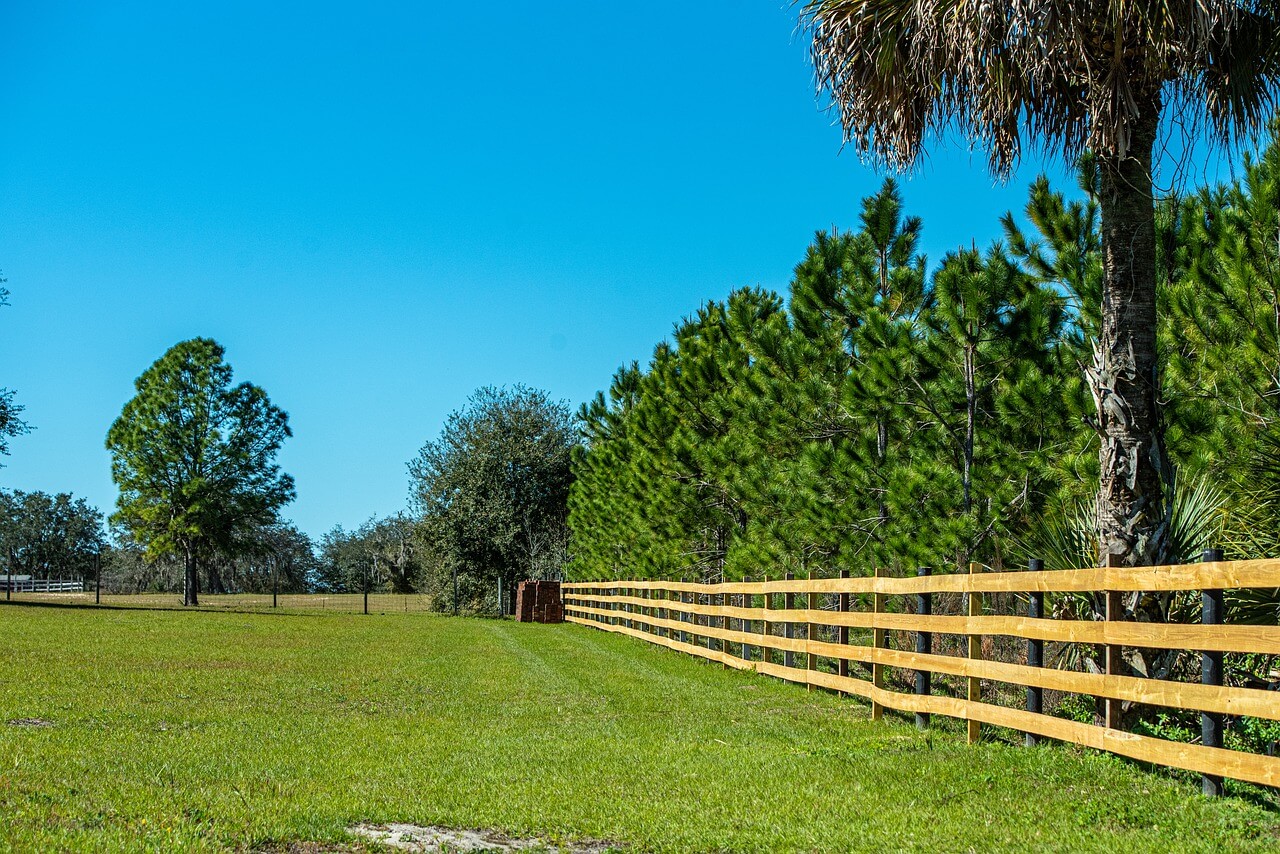If you’re thinking about starting a farm business, you might be asking yourself, “what is the best type of farm to start?” There’s no single best answer to this question – in fact, you should consider a myriad of factors, including your budget, where you live, your potential market, and the ease of getting started. Here’s some information on deciding which type of farm is best for you.
What You'll Learn Today
Most Profitable Type of Farm to Start

Although there are challenges associated with starting a farm, with a bit of planning and strategy, it is possible to operate a profitable farm. Here are some of the most profitable types of farms you can start.
1. Tree Farm or Nursery
Tree farms or nurseries require a bit more investment upfront of time and money, but they can pay out in dividends. Start with just 10 to 20 seedlings on an acre and with the right marketing strategy, you can sell the trees out before they mature.
You’ll want to research your local market to find out what kinds of trees people are interested in buying – and whether the best trees for you to sell are saplings or mature trees (like Christmas trees).
2. Market Gardening
Market gardening is small-scale farming of vegetables, fruits, and flowers that occurs on limited acreage. Ideal for the farmer with only a few acres as well as the one with a day job, market gardening generally focuses on a wider range of crops (as opposed to larger industrial farms that focus primarily on monocultures).
These have a low startup cost and you can focus on gaps in the market that commercial farms near you aren’t able to fill. Nobody selling sweet corn near you? Great! Sell it. A lack of tomato wholesalers? Those are easy shoes for you to fill!
3. Fish Farm
If you live on the coast, you may be able to farm large fish like salmon in large containers at sea, but if you don’t, you can farm fish in natural ponds or manmade containers. The most commonly farmed fish are tilapia, catfish, and trout.
4. Poultry Farming
Raising chickens isn’t complicated and they can be raised for either meat or eggs (or both, but we recommend starting with just one type of farm first so you don’t get overwhelmed).
If you’re interested in starting a small egg business, you might want to start with mature young hens who are just about ready to lay, rather than buying chicks. This will take out some of the risks involved.
5. Small-Scale Meat Farming
You’ll need a bit more space in order to start a meat farm of any kind, but the potential payout here is huge – especially if you can raise animals organically or on pasture. Marketing is much easier in that case!
Do keep in mind that raising animals involves a lot more risk and a lot more knowledge – and a higher overall investment, since you’ll need to pay for land and feed.
6. Hops Farming
We all love beer – and growing hops for local breweries is a great way to bring that passion to life. Craft beer is exploding in just about every corner of the world, so there’s lots of beer being brewed – and lots of hops are needed to brew that beer.
You don’t need a ton of space to grow hops – you can plant 1,200 hops plants per acre. The downside to growing hops is that you’ll need some patience – your yields will increase only after the plants have been in production for a few seasons.
7. Microgreens Farming
Microgreens sound fancy and futuristic, but really, they’re just plants at the stage that follows sprouting.
Because microgreens only take a few weeks to grow (and are loaded with nutrients and flavor), they’re incredibly profitable for new farmers. You can start growing microgreens on a small scale by setting up a few trays in your basement. You can grow your business as you gain more experience.
Want to learn more? Check out this video if you’re just starting out!
8. Hydroponic Farming
Hydroponic farming is a great option for the farmer who wants to grow various crops year-round without having to worry about most pests and diseases.
In hydroponics, you’ll add nutrients to water and grow plants suspended in this solution (rather than relying on soil). There are all kinds of hydroponic systems you can choose from and just about any kind of crops can be grown in a hydroponic set-up.
9. Bee Farming
Bee farming or beekeeping is a great kind of farm to start if you don’t have a ton of space but want to open up as many potential revenue streams as possible.
Plus, you’ll be viewed as somewhat of a hero in your local agricultural circles, since saving the bees is hugely important for agriculture and for the larger ecosystem.
When keeping bees, you’ll have several options for revenue. You can sell honey and other bee-related products (like honeycomb, beeswax, and pollen) at your local farmer’s market. You can also sell these products online or in a farm store.
You can offer classes, tours, and other experiences on your farm or even offer out the services of your bees as “portable pollinators” to local farms and orchards.
The good news is that even a dozen beehives or so won’t take up a lot of space. The downside to starting this kind of farm business, though, is that there is a learning curve involved.
Bees can be tricky to keep alive, especially if you aren’t sure what you’re doing. Take as many classes as you can before you jump into this opportunity.
10. Garlic Farming
One of the easiest and most profitable crops you can grow is garlic. Start a garlic farm and you can expect to yield an average of 12,000 pounds of garlic bulbs per acre with a return price of $.25 per pound of garlic. Note that you’ll want to stick to gourmet garlic varieties for the most sale-ability, but this is an easy farm to start if you’re low on space and time.
Best Type of Farm to Start on Limited Acreage

You don’t need to own hundreds of acres of land in order to start a farm – you just need to have a solid business plan and a clear idea of exactly what it is you want to do.
You can make money on five acres or less, even if you’re renting or leasing. You just need a solid product to sell, whether that’s a crop or an animal. The key to starting a farm on limited acreage is to grow something that will fetch a high price for little yield – that way, you don’t need as much space to produce it.
Stay away from livestock that takes up a lot of space (like beef cattle) and instead consider growing things like microgreens, These take up little space yet have a high value, especially when sold to high-end restaurants.
Learn as much as you can about the product you’re going to sell and your potential market. Customers are key. Start small and secure outside funding, like grants, to help make your dream of starting a farm more realistic.
How to Choose the Best Type of Farm to Start
When you’re thinking of starting a small farm, consider all the variables. How much time do you have to devote to your farm? What does the rest of your family think? What sorts of resources do you have at your disposal?
This checklist from Iowa State can be helpful in breaking things down for you, but ultimately, follow your passions. Only you know what the ideal farm is for you – so follow through on your dreams and goals!
My father started our farm 20 years ago with only chickens. Now we have expanded a lot and raised a lot of cattle, poultry, cows, and horses as well.